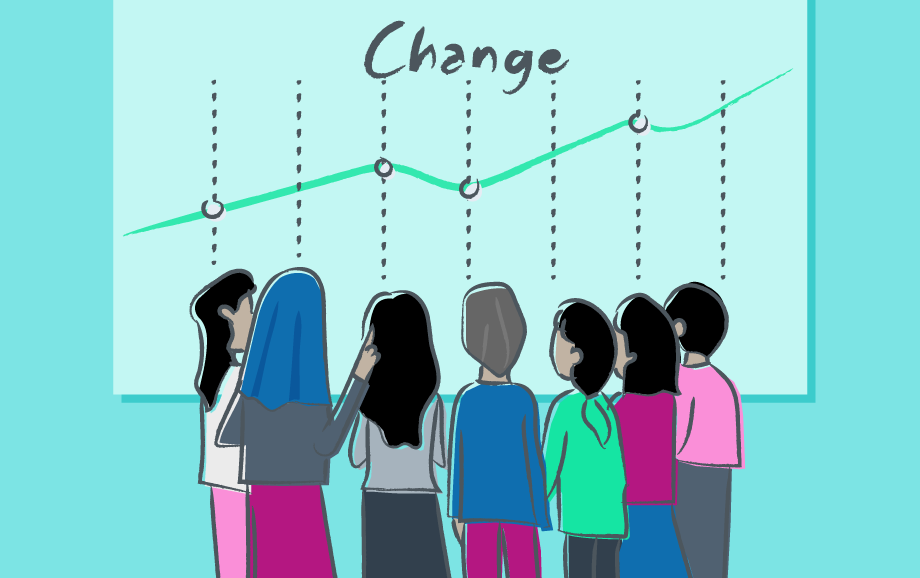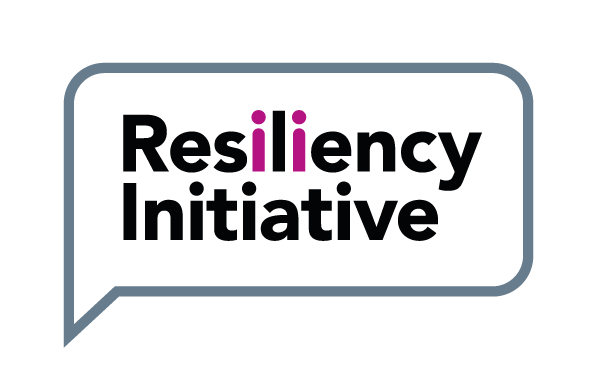Why You Need To Measure Your Impact
Good impact evaluations can tell you what activities worked better than others. This helps you focus on the things that really matter and what you need to change in the future.

Measurement is a part of our everyday lives. It allows us to understand ourselves and the world around us. Measurement is also necessary to understand the impact of your program, activity, or social media campaign—to gauge how and how much your work is making a difference to the people, groups, organizations, or communities involved.
Your instincts might well provide you with a good sense of positive or negative outcomes, but only a proper impact evaluation will comprehensively identify the strengths and weaknesses of your work. Impact evaluations are important regardless of whether your activity is online or offline, simple or complex, cheap or expensive.
Regardless of whether the impact is large or small, long- or short-term, positive or negative, intended or unintended, you need to know this information for several reasons.
1. Lessons For the Future.
Well-designed impact evaluations allow you to understand what aspects of your activity worked better than others, and to some extent why. This will increase your ability to focus on the things that really matter and will tell you what you need to change in the future.
For example, imagine that you run a social media campaign using both videos and infographics to challenge misinformation. An impact evaluation might help you to discover that the infographics reached more people and communicated your messages more clearly than the videos. It also might tell you that some people in the audience felt offended by elements in the videos because certain images or language were inappropriate for their culture. You certainly don’t want to produce more of these videos without correcting the mistakes!
Clear and comprehensive information about which elements of your campaign worked well and which didn’t work so well, or even had a detrimental effect, is critically important for creating more effective campaigns in the future. It can help you avoid doing things that have no impact or, even worse, have unintended consequences.
2. Save Time and Resources.
Impact evaluations can help you to make sure that time and money are well spent. You might discover, for example, that videos were less effective than infographics, even though they were more expensive and time-consuming to produce. Based on this information, you might want to avoid producing the same sort of videos in the future, and instead invest a greater proportion of your time and resources developing more infographics or producing different types of videos. In short, impact evaluations can help maximize your return on investment.
3. Make It Easier to Attract Funding.
Impact evaluations can help you to protect ongoing funding and even attract new donors. Being able to provide evidence of your impact can help you better show the effectiveness and value of your program and demonstrate your capacity for project management and accountability. Donors generally need to justify their investments to others—to bosses, government departments, or philanthropists. Impact evaluations help them do that. Increasingly, donors are requiring project proposals to include an impact evaluation in order to be considered for funding.
4. Become an Agent For Social Change.
Impact evaluations are very powerful because they provide evidence that you can contribute to solving a significant social problem. This evidence can be used to show others that what you do matters, and can have a positive impact beyond your organization in at least four ways:
- It can inspire others who want to do similar work in other contexts.
- It can raise awareness about the need for more projects like yours to tackle important social issues.
- It can be a useful tool to advocate for policy change. For example, if you can demonstrate that your campaign makes social media users less likely to consume online misinformation, this evidence can be used to attract more government and private investments in programs like yours.
- It might help you to become part of a larger network of people, in your country and beyond, who advocate for similar policy changes. This in turn could contribute to developing your reputation and, in the long run, increase your ability to raise funds and to do more exciting and important projects to help others!
Contributed by Professor Greg Barton and Dr Matteo Vergani, Alfred Deakin Institute for Citizenship and Globalisation, Deakin University



 Back
Back